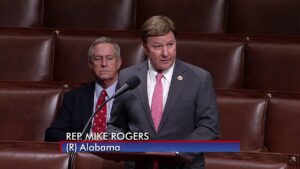
The House Armed Services Committee (HASC) has postponed its consideration of the fiscal year 2024 National Defense Authorization Act (NDAA), with lawmakers citing the ongoing debt limit debate as the reason for the delay. “As we’re in these final talks [on the debt limit] — I mean, there might only be two weeks left before we actually hit the date — I’m hopeful as [House] Speaker [Kevin McCarthy] (R-Calif.) meets with the president and the other Congressional leaders on Friday…

 By
By 











